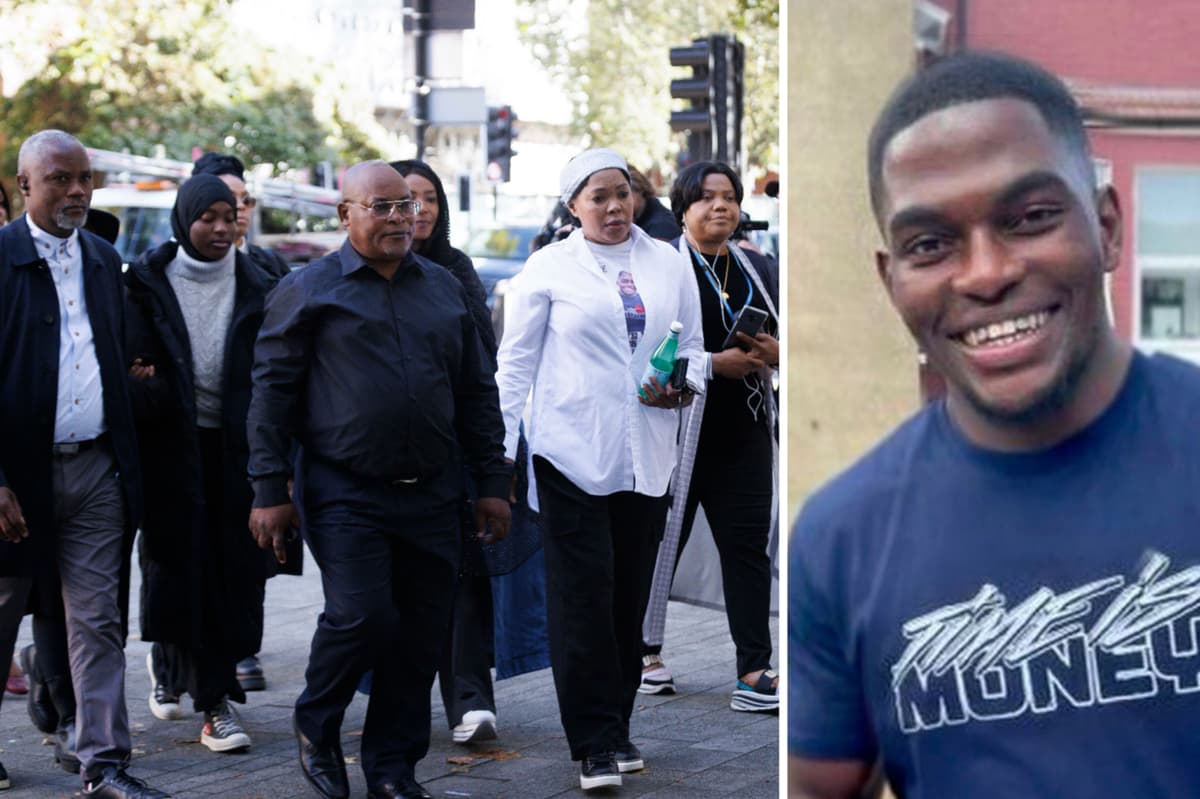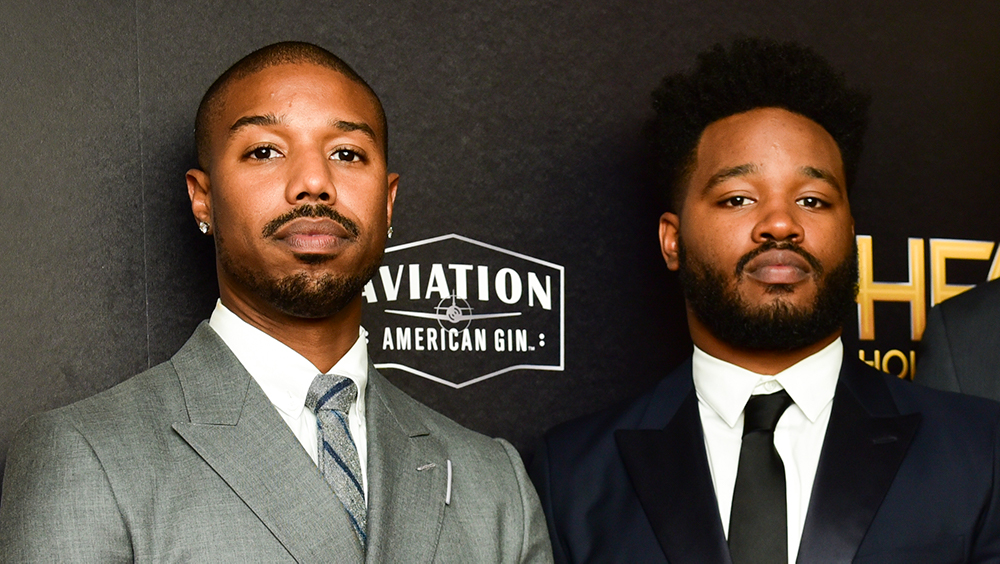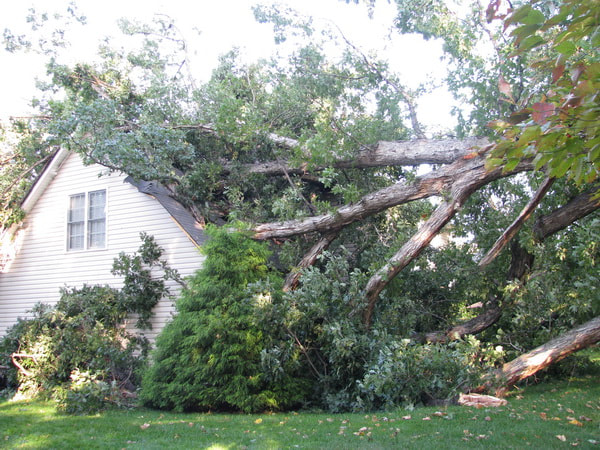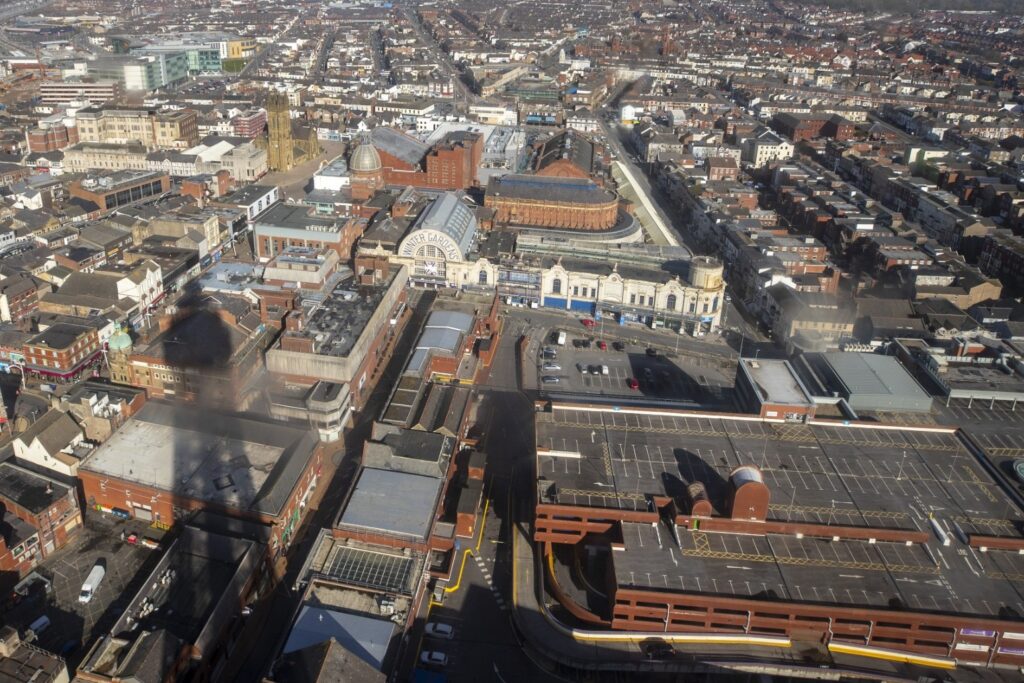Police Watchdog Challenges Chris Kaba Panorama Coverage To Ofcom

Table of Contents
The IOPC's Concerns Regarding the Panorama Program
The IOPC's challenge to Ofcom centers on several key aspects of the BBC's Panorama program concerning the Chris Kaba shooting. The watchdog body expresses serious concerns about the potential for bias in the program's presentation of evidence, casting doubt on the fairness and accuracy of the portrayal of events. The IOPC argues that certain aspects of the coverage could negatively impact the ongoing investigation and potentially prejudice any future legal proceedings. Specifically, the IOPC's concerns include:
- Potential bias in the presentation of evidence: The IOPC alleges that the program may have presented evidence selectively, potentially misleading viewers about the circumstances surrounding the shooting.
- Concerns about the accuracy of information presented: The IOPC claims that certain facts presented in the Panorama program were inaccurate or misleading, potentially undermining the integrity of the investigation.
- Allegations of unfair portrayal of involved parties: The IOPC argues that the program may have unfairly portrayed certain individuals involved in the case, potentially jeopardizing the impartiality of the ongoing investigation.
- Impact on the ongoing investigation and potential future legal proceedings: The IOPC is concerned that the program's content could prejudice any potential future legal proceedings related to the Chris Kaba shooting, hindering a fair and just outcome.
The Significance of Ofcom's Decision
Ofcom's ruling on the IOPC's complaint carries immense weight. The outcome will have far-reaching consequences, setting potential precedents for future media coverage of police investigations. A strong ruling in favor of the IOPC could significantly influence how media outlets approach reporting on sensitive cases involving allegations of police misconduct and racial justice. The decision will impact:
- Potential setting of precedents for future investigations: Ofcom's decision could establish guidelines for responsible reporting on police investigations, influencing future media practices.
- Impact on public trust in both the police and the media: The ruling could affect public confidence in both law enforcement agencies and the media's ability to provide accurate and unbiased reporting.
- Influence on the IOPC's ability to conduct independent investigations: A favorable decision for the IOPC would strengthen its authority and ability to oversee police conduct effectively.
- Potential for further legal challenges depending on Ofcom's decision: Depending on the outcome, further legal challenges could arise from either side, further complicating the already sensitive situation.
The Chris Kaba Case and the Public Outcry
The death of Chris Kaba, a 24-year-old father-to-be, following a fatal shooting by a Metropolitan Police officer in September 2022, sparked widespread outrage and protests. The circumstances surrounding the shooting, which occurred after a police pursuit, fueled intense public scrutiny and calls for greater police accountability. Key details of the case include:
- Summary of the events leading up to the shooting: Chris Kaba was pursued by police, resulting in his vehicle being boxed in. He was fatally shot by a single police officer.
- Key facts of the case and the ongoing investigation: The IOPC is conducting an independent investigation into the circumstances of the shooting, examining police conduct and the use of lethal force.
- Public reaction and the calls for greater police accountability: The incident triggered widespread protests and demands for greater transparency and accountability within the Metropolitan Police. The case highlights issues of racial justice and police misconduct.
- Related keywords: The case is closely linked to keywords such as "fatal shooting," "police misconduct," "racial justice," and “armed police”.
The Role of the Media in Covering Sensitive Cases
The media plays a crucial role in holding institutions accountable, but it also carries a significant responsibility in how it reports on sensitive cases like the Chris Kaba shooting. Impartiality and accuracy are paramount. Biased or inaccurate reporting can significantly impact public perception and potentially compromise the fairness of any legal proceedings. Media outlets must:
- Importance of impartiality and accuracy: Journalists must strive for objectivity, presenting all sides of the story fairly and accurately.
- Potential impact of biased reporting on public perception: Biased reporting can shape public opinion, potentially influencing the outcome of investigations and trials.
- Need for responsible journalism and ethical considerations: Ethical considerations are crucial, ensuring that reporting does not jeopardize the integrity of ongoing investigations or infringe upon the rights of those involved.
- Discussion of the potential impact on fair trial rights: Prejudicial reporting can severely undermine the right to a fair trial, potentially influencing jury decisions.
Conclusion: The Impact of the Police Watchdog Challenge to Ofcom
The IOPC's challenge to Ofcom regarding the BBC's Panorama coverage of the Chris Kaba shooting is a significant development. The outcome of Ofcom's investigation will have far-reaching consequences for media reporting on police investigations, reinforcing the importance of responsible journalism and the need for transparency and accountability within law enforcement. The Chris Kaba case itself continues to highlight the urgent need for addressing police brutality and ensuring justice for victims. Stay informed about the Chris Kaba case and follow the Ofcom decision closely. Learn more about police accountability and the vital role of responsible media coverage in promoting justice and public trust. The ongoing discussion surrounding police accountability and media responsibility is crucial for ensuring a fairer and more transparent future.

Featured Posts
-
 Suspect In Charlotte Mothers Death Faces Jury Selection
Apr 30, 2025
Suspect In Charlotte Mothers Death Faces Jury Selection
Apr 30, 2025 -
 Un Nouveau X Files Par Ryan Coogler Possibilites Et Defis
Apr 30, 2025
Un Nouveau X Files Par Ryan Coogler Possibilites Et Defis
Apr 30, 2025 -
 Atff Altyapi Secmeleri Stuttgart Ta Gelecegin Yildizlarini Kesfedin
Apr 30, 2025
Atff Altyapi Secmeleri Stuttgart Ta Gelecegin Yildizlarini Kesfedin
Apr 30, 2025 -
 Submit Your Louisville Storm Debris Removal Request A Step By Step Guide
Apr 30, 2025
Submit Your Louisville Storm Debris Removal Request A Step By Step Guide
Apr 30, 2025 -
 Police Watchdogs Ofcom Complaint The Chris Kaba Panorama Episode
Apr 30, 2025
Police Watchdogs Ofcom Complaint The Chris Kaba Panorama Episode
Apr 30, 2025
